Elaine Loughlin: In Ireland, too many women still live in fear in their own homes
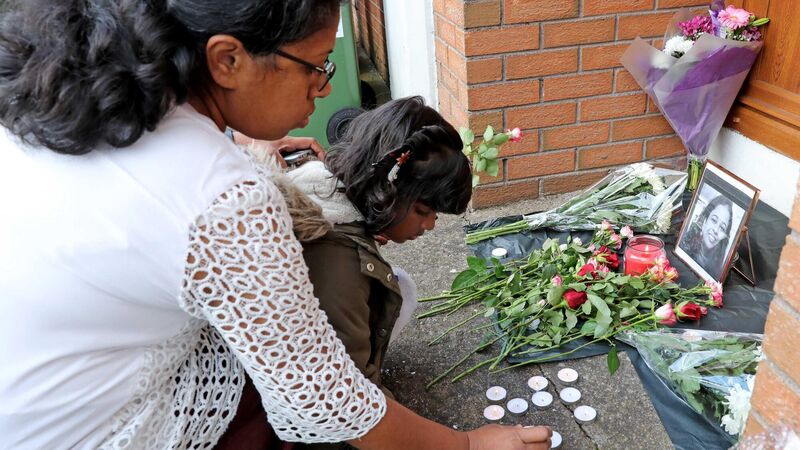
A woman and her daughter place nightlights alongside other tributes at the door of Deepa Dinamani in Wilton, Cork. An accountant by profession, Ms Dinamani last week became the 261st woman to die in violent circumstances in Ireland in 27 years. Picture: Jim Coughlan
Eight days ago, Deepa Dinamani became number 261 when her life was extinguished. The 38-year-old was a mother to a five-year-old boy, having travelled from India she was making a new life for herself and her family in Cork, and had taken up a senior manager role with Alter Domus Fund Services in April.
When her life was stolen from her at her red-brick semi-detached home in Wilton, she became the 261st woman to die violently in Ireland over the past 27 years.
Some of these women and the tragic circumstances in which their lives were brought to an end have become well known — Veronica Guerin, Sophie Toscan du Plantier, Clodagh Hawe, Ashling Murphy, Elaine O'Hara — but many others have not received the same public attention down the years. All are lives that have been taken.
Deepa joins Jamie Farrelly Maughan, Xiang Yi Wang, Eileen Coyne, Bridget McFadden, Margaret Concannon, Carmel Marrinan, Elizabeth Troy, Paiche Onyemaechi, Sheola Keaney, Mary Sleator, Linda Evans Christian, Catherine McEnery, Nicola Vonkova, Nora Kiely, Marie Quigley, Deirdre Jacob and Debbie Fox — who all died in the month of July since 1996.
In some respects, this column could have been written at any stage over the past 27 years, or indeed far further back than that.
Violence against women in all its forms has persisted through the generations. Ireland has progressed but too many women still live in fear in their own homes; girls are still taught to be vigilant while out walking in public and to use 'safe' routes; young women keep their keys between their fingers on the way back to their parked cars.
The Women's Aid Impact Report 2022 reveals shocking levels of violence and abuse in homes and relationships in Ireland with 31,229 contacts made to its helpline and services last year, representing a 16% increase on 2021.
CSO statistics published this year show that 52% of women have experienced sexual violence compared to 28% of men. The majority of adults (78%) who experienced sexual violence in their lifetime knew the perpetrator.
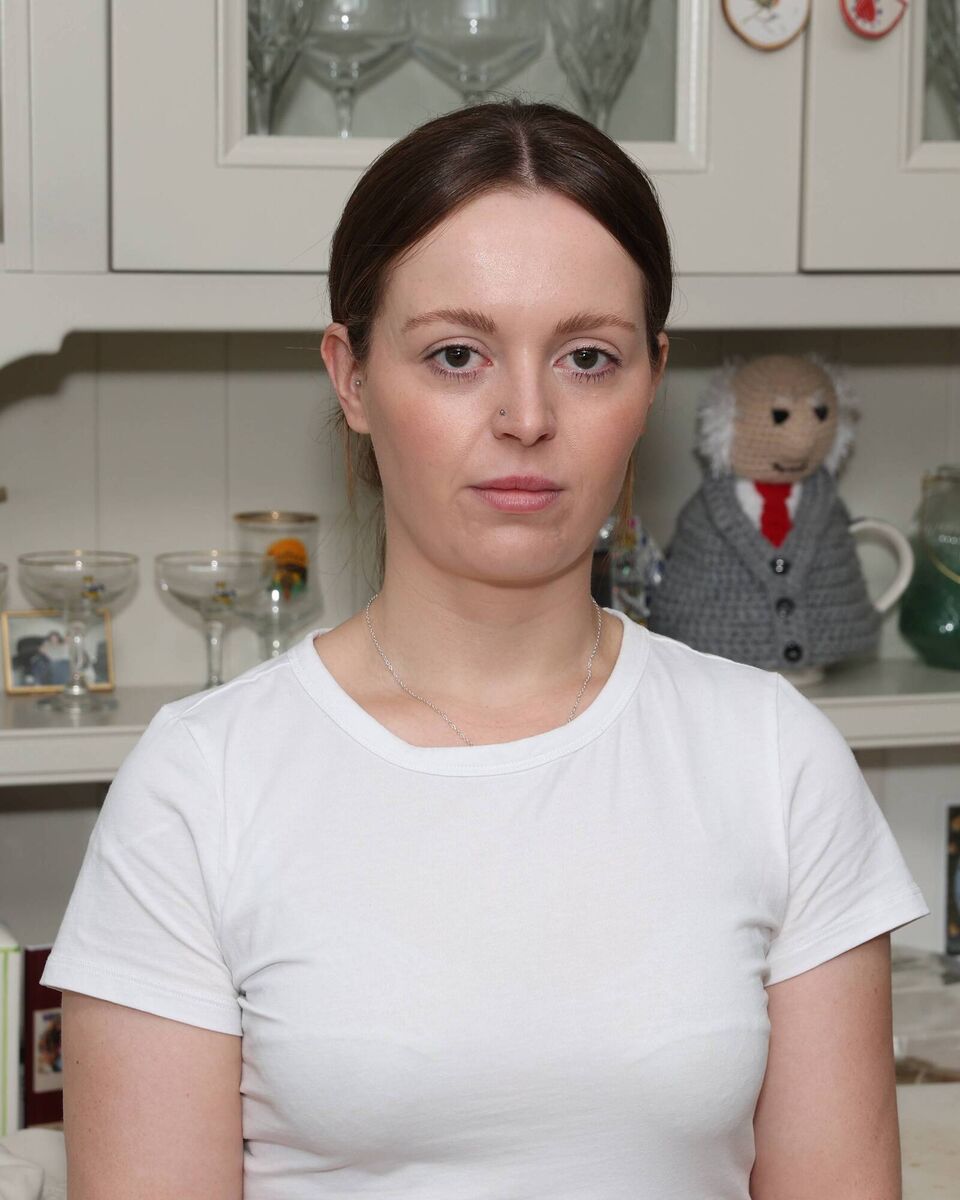
At just 18, Ciara Mangan joined the 52% when she was raped at a party as she drifted in and out of consciousness. Outside court this week, and again in the 'Irish Examiner' and on IrishExaminer.com today, Saturday, she showed incredible strength in speaking out about the sexual assault and the abuse that then followed from co-workers who subjected her to "rape comments" and "rape songs".
"I was easy prey, extremely vulnerable and defenceless. My control was taken from me. I stood no chance,” she said as her rapist was jailed this week.
"I am someone's daughter, I'm someone's sister, And to just dump somebody after a brutal rape like that, it's just horrendous."
Organisations say the figures around sexual assaults, domestic violence and femicide, while shocking, are only the tip of an enormous iceberg.
But despite the harrowing and unjustifiable statistics, there are finally some signs of hope that this scourge may be tackled with greater urgency.
It is a year since the Government’s zero-tolerance strategy on domestic sexual and gender-based violence (DSGBV) was published; progress has been made.
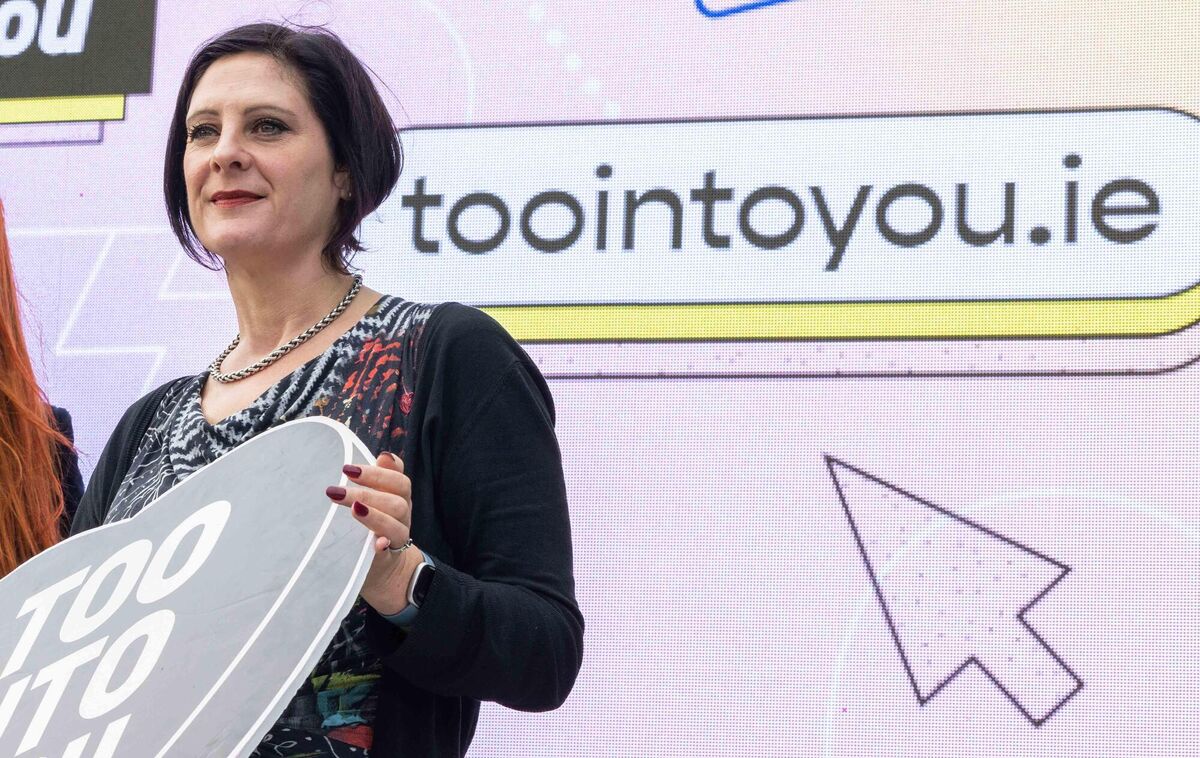
The strategy includes 144 actions which aimed to eradicate violence against women through prevention, protection, prosecution, and policy co-ordination.
In the wake of Ashling Murphy’s death in January 2022, Fine Gael TD Jennifer Carroll MacNeill read a list of names into the Dáil record each month. In doing so, she remembered each of the women who had been killed in that month over the years.
In her final contribution last December, Ms Carroll MacNeill pointed to the spectrum of violence, from harassment to sexual assault, physical and emotional violence, to femicide which remains grounded in a culture where women still make changes to their lives that do not need to be considered by men in the same way. She said:
"It is an everyday problem which requires an all-of-society, everyday response by us.”
It is therefore encouraging that a cross-departmental approach is being taken to tackle DSGBV as ending violence against women in all its forms is not solely about justice, but involves education, healthcare, housing, social protection, and supports for children.
An updated social personal and health education (SPHE) curriculum being rolled out to focus on issues including relationships, sexuality, and consent will hopefully change mindsets from a young age.
At third level, more than 22,000 students accessed consent classes in the past year, and a full-time coordinator will be appointed in all universities to implement the zero-tolerance plan.
This week, the President signed a bill into law that introduces new standalone offences of stalking and non-fatal strangulation. The new law increases the maximum penalty for assault causing harm — one of the most commonly prosecuted violent offences — from five years to 10 years.
In April, the Sex Offenders (Amendment) Act 2023 passed, which allows for electronic tagging, bans convicted sex offenders working with children or vulnerable people and, in certain circumstances, allows the gardaí to disclose information relating to people on the sex offender register.
Laws have also been passed to provide statutory paid domestic violence leave for employees.
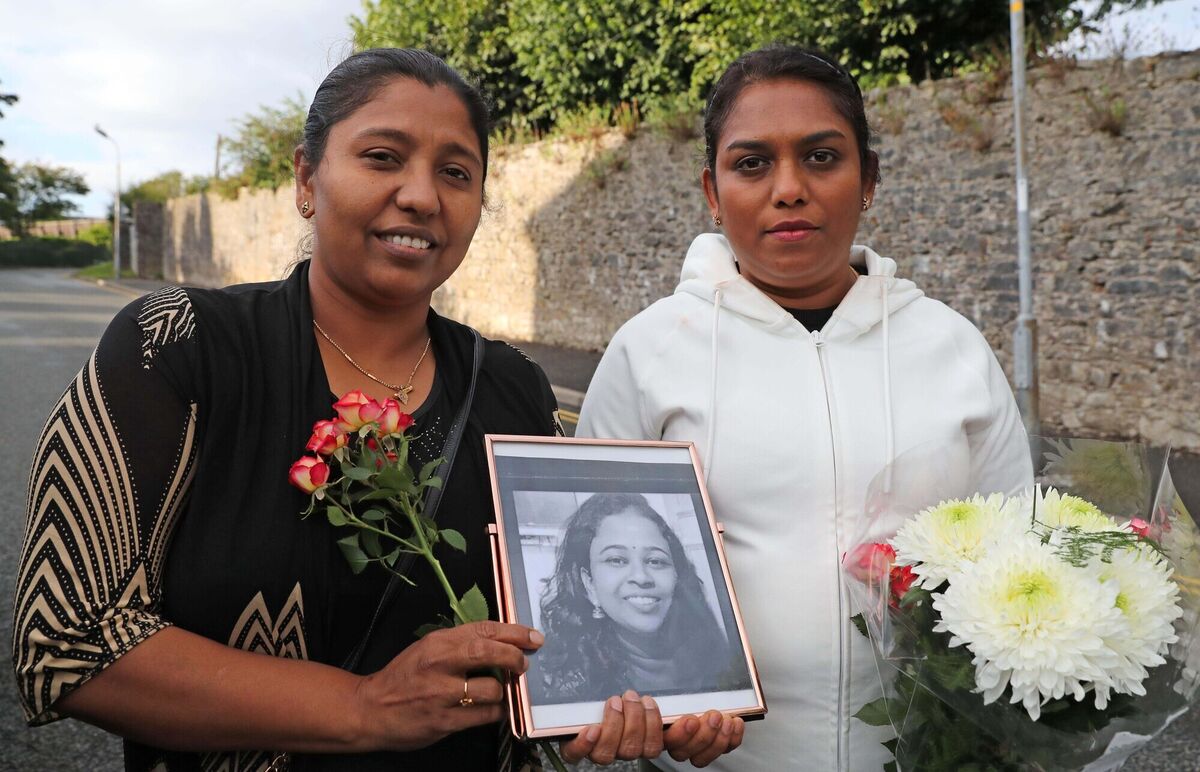
While a positive start, this momentum must be maintained for the remaining two years of the strategy.
Justice Minister Helen McEntee has said her objective is to double the number of refuge spaces over the next five years, but staffing and supports are also equally critical and may not be as simple as the bricks and mortar element.
Equally our court system is under pressure, which can lead to lengthy and traumatising delays for women involved in proceedings.
“We have focused very much on the pursuit of the perpetrator, which of course is very important, but one of the keys is to absolutely create robust pathways out of abusive relationships — meaningful, viable pathways out of abusive relationships for victims until we do that this will keep going,” said Mary McDermott, CEO of Safe Ireland.
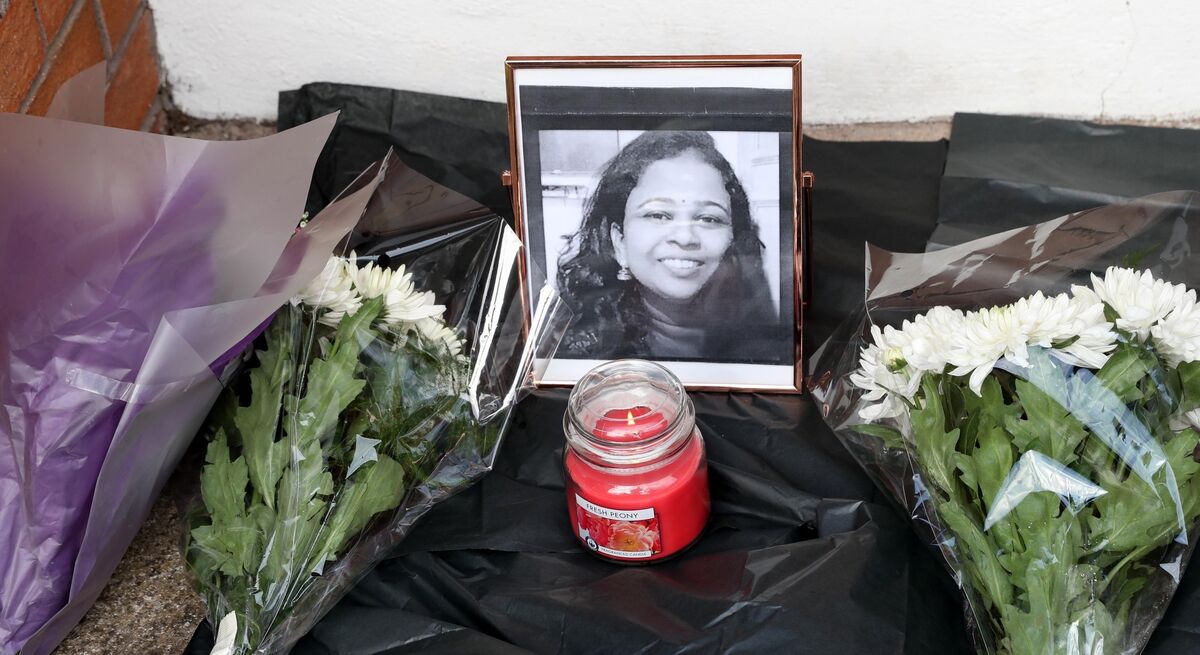
“Each woman that can access a court order that is sustainable is protected. Every woman who is provided with a refuge space can escape. Every woman that can access welfare support in Intreo and the social protection support she needs is a step forward.”
There are many more steps that must be taken to ensure that our court services and specialist domestic and sexual violence supports are fit for purpose. Most importantly, there is still a long way to go to change a toxic culture that has existed for too long.
A culture where rape jokes are hurled a victims in their workplace, a culture which has seen the deaths of six women already this year.
As Women’s Aid chief executive Sarah Benson put it: “We must get this right to honour the many lives that have been lost in such circumstances, and to honour their loved ones left behind. We must give ourselves the tools to learn from the past so we can do better in the future to prevent such deaths.”






